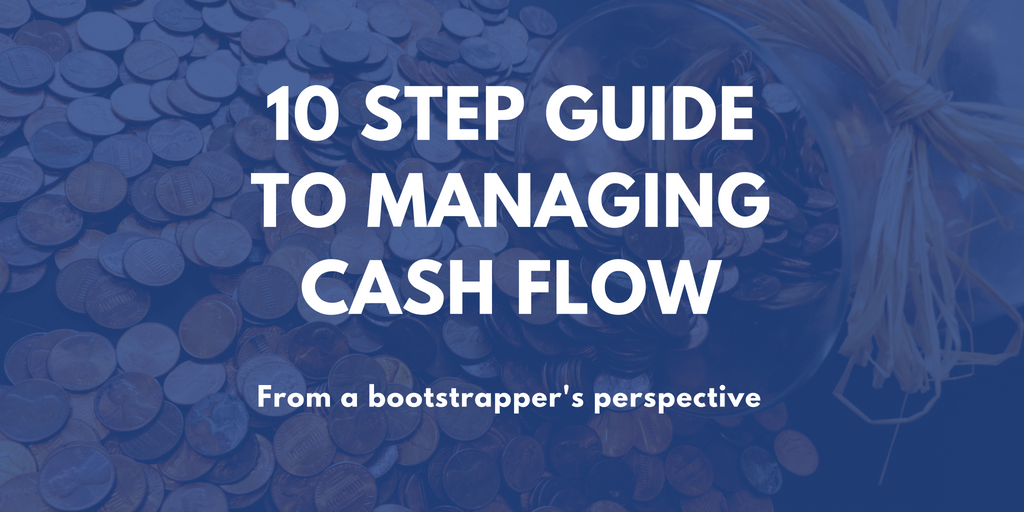Some people are born with certain skills and intuitions that come naturally. There are no guides, rules, or courses for managing cash flows in a small business. Although there are certain things anyone can do to help with cash flow, the majority of it is through intuition and deep understanding of the business. I also believe it would be very difficult to train someone to manage cash flow successfully.
Below are 10 tips on how to better manage cash flow, in no particular order.
Keep in mind, that these tips are coming from the perspective of a bootstrapped founder, whose company is 100% revenue-financed. A funded company with more cash to burn will most definitely have alternative views on spending.
1. Go freemium for as long as possible
When starting out, you’re going to need a few necessary apps to manage your business. The good news is that most come in freemium plans. You should be able to get away with freemium versions while your company is still young. Only pay for apps when you can truly see the value and ROI.
2. Start paying yourself after you make enough revenue to cover your fixed costs
When starting out, there’s a lot of sacrifices you’re going to have to make. One of those is not cutting yourself a paycheck for a while. If you believe in your company strongly enough, this shouldn’t be a problem. Only start paying yourself, when your revenue is able to comfortably cover your fixed costs, and keep some savings in the bank.
3. Pay monthly instead of annually
Skip the annual subscriptions until you’re more mature. Finance 101 says that a dollar today is worth more than a dollar tomorrow. Unless you can invest your money into something that will make you more money in the future, keep more of it in your pocket rather than someone else’s.
4. Don’t pay yourself too much
When you’re ready to start paying yourself, don’t get too greedy. Take a modest amount, and make sure your cash reserves continue to grow, month-over-month. Keep your profits in the business, not in your pocket. This is the only way you’ll be able to grow more effectively in the future. This tip is especially important for bootstrapped companies.
5. Make sure your investments start paying for themselves in 3 months or less
There are going to be times where you have to break away from your frugal habits, and make some investments to grow the business (ie. hiring people). Your new hires should be able to produce enough so they’re paying for themselves in three months or less. You don’t want to be in the negative for too long.
6. Cut costs wherever possible
The world is shrinking, and there are so many competing apps and quality resources nowadays. If you can get the same level of service elsewhere for a lower cost, do it. Be careful with this though. Sometimes, experience and service are definitely worth paying a premium for.
7. Pay your bills when they are due. Not any sooner, not any later
Back to Finance 101. A dollar today is worth more than a dollar tomorrow. There is no need to pay your bills early. Pay them when they are due. Keep your money with you for as long as possible, instead of putting it in someone else’s coffers.
8. Don’t pay interest
If you can’t pay your credit card balances in full, that means you’re overspending and your business is hemorrhaging cash, which is unsustainable. Buy what you can afford. However, when you’re just starting out, paying minimum balances might not be a bad idea for a little while, just don’t make it a habit.
9. Don’t try and do too much and over-extend yourself
Be honest with yourself and your team members. It’s very easy to get caught up with optics and image, especially in a materialistic society. Don’t worry about “keeping up with the Joneses”, and don’t care what other people think.
10. No matter how big you get, stay frugal and simple
This one is self-explanatory. It’s very easy to spend when business is going well. Whenever you’re buying something, always ask yourself if it’s a “need” or a “want”. It’s okay to treat yourself, but keep your spending in the “needs” category.






